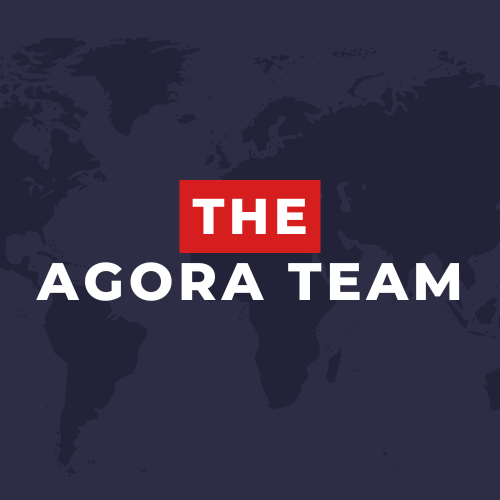Ghana Health Service Targets Nationwide Deworming for 2.6 Million Children

In a bold move to combat parasitic infections, the Ghana Health Service (GHS) has launched a nationwide deworming campaign targeting approximately 2.6 million school-aged children. The campaign, which started yesterday, will continue through Sunday, focusing on children aged five to 14. This initiative is geared toward eliminating schistosomiasis and controlling soil-transmitted helminth (STH) infections, conditions that disproportionately affect children in low-resource communities.
This mass deworming exercise, set to cover 100 districts across 15 regions, includes both public and private school children, and aims to reach 1.6 million out-of-school children and adults across 57 districts in 11 regions. Dr. Patrick Kuma-Aboagye, Director-General of GHS, announced the initiative in Accra on Friday, highlighting a collaboration with the Ghana Education Service (GES) to bolster children’s health and immune systems.
The deworming medications—praziquantel and albendazole—will be administered under close supervision by trained teachers and healthcare professionals. “Each child will receive doses of 600 and 400 milligrams of praziquantel and albendazole, respectively,” Dr. Kuma-Aboagye explained. He emphasized the importance of administering the medication after children have eaten, ideally following the first school break or after food has been provided by the school feeding program, to enhance the drugs’ absorption and effectiveness.
Schistosomiasis, a parasitic infection caused by worms living in contaminated freshwater, and STH infestations remain significant health concerns in Ghana. Both conditions are more prevalent in areas with limited sanitation and hygiene. Children infected with schistosomiasis may experience abdominal pain, diarrhea, blood in urine and stool, liver and spleen damage, and chronic malnutrition. In particular, Female Genital Schistosomiasis (FGS), a consequence of schistosoma infestation, can severely impact women and girls, resulting in infertility, urinary tract infections, and menstrual irregularities.
STH infections are caused by ingesting worm eggs from contaminated food, water, or soil and are particularly prevalent in economically disadvantaged areas. These infections can lead to malnutrition, anemia, impaired physical and cognitive development, and reduced productivity.
Dr. Kuma-Aboagye emphasized that reducing the spread of these infections requires a multifaceted approach, including widespread treatment, improved access to clean water, enhanced sanitation, and public health education. He encouraged parents and guardians to support the initiative by allowing their children to participate and working with school authorities to ensure its success.
Theresa Oppong Mensah, Director of the School Health Education Program (SHEP) under GES, reassured parents and guardians that schools are well-prepared for the campaign, including arrangements with the Ghana School Feeding Program to provide meals on days when medications are distributed. “The readiness of the GES and collaboration with the feeding program reflects our commitment to ensuring children are fully nourished before taking the medicine,” she noted.
In addition to treating infections, the deworming campaign is part of a broader effort to raise public awareness of parasitic diseases and preventive measures. This includes educating the public on the importance of clean water, sanitation, hygiene, and avoiding contact with contaminated water sources.
As the campaign progresses, GHS and GES remain hopeful that this nationwide effort will help reduce the burden of these diseases on Ghanaian communities, improve children’s overall well-being, and enhance their educational outcomes.



